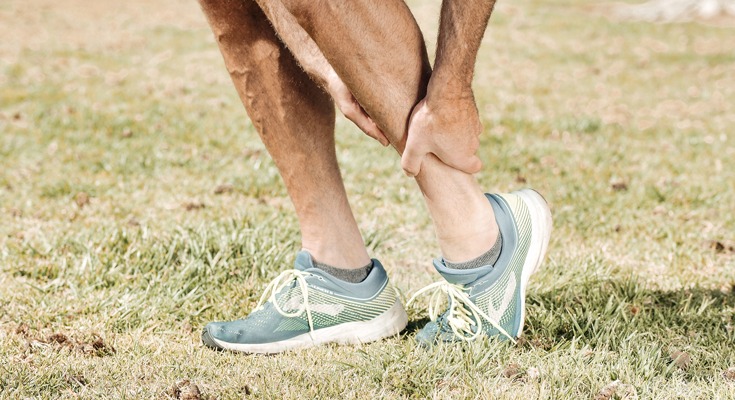Chronic joint pain can make your basic life challenging. Basic movements such as walking up a flight of stairs or sitting in a low chair can become a huge burden. Moreover, people may feel disappointed when they aren’t able to participate in your favorite sports or take part in your hobbies.
If you’ve been suffering from joint pain constantly, then you won’t be able to do what you love. If you’re unable to do even the most basic things, then it may be the right time to see a specialist. If you want, you can choose to get a hip or knee replacement surgery that can improve your quality of life, and reduce the pain that you suffer from on daily basis. If you don’t know the right time to visit a joint pain specialist, then you should consider below mentioned factors.
Top Signs It May Be Time To Consider Joint Replacement Surgery
1. You have constant and intense joint pain even doing basic activities
2. You face trouble walking, sitting down, or standing up
3. You suffer from pain even while resting. You feel the pain that makes it hard to sleep
4. You have stiffness and swelling in your joints
5. Your symptoms have been getting worse and worse over time
6. You’ve tried to rest and take medications, but it hasn’t worked
7. Tests show that osteoarthritis is causing wear and tear in your joints
8. Steroid injections and medications don’t provide enough pain relief
9. you’ve been having some side effects from pain medications
10. Joint pain is taking a toll on you physically and mentally
Risk Factors of Joint Pain
Several things can cause you intense joint pain. If you’re just starting to feel pain in your joints, then you should start taking preventive measures. Here are some of the most common risk factors of joint pain:
- Family History: Some types of arthritis run in the family, so you may be more than likely to develop arthritis if your parents or siblings have the disorders.
- Age: Age is one of the biggest risk factors for joint pain. The risk of many types of arthritis, including osteoarthritis, rheumatoid arthritis, and gout all increase with age.
- Your Sex: Women are more likely to develop rheumatoid arthritis compared to men. Men usually develop gout and other types of arthritis.
- Injury: People who have faced injury in their joints are most likely to develop arthritis as they grow older. If you’ve faced an injury while playing a sport, then chances are you’ll develop arthritis where you’ve had that injury.
- Obesity: Being overweight can be a huge risk factor for developing arthritis. If you have put on some extra pounds, it’ll put some stress on your joints, especially your knees, hips, and spine. People that have obese have a higher risk of developing arthritis.
Symptoms of Joint Pain
The most common signs and symptoms of arthritis include pain in your joints. Based on the type of arthritis you have, your symptoms may differ. The most common symptoms of joint pain include:
- Pain
- Stiffness
- Swelling in joints
- Redness
- Decreased range of motion
- Trouble in moving
Complications
Severe arthritis can affect your arms, hands, and joints which in turn affects how you handle daily tasks. Arthritis of weight-bearing joints can keep you from walking comfortably or sitting up straight. In some cases, joints can lose their alignment and shape.

